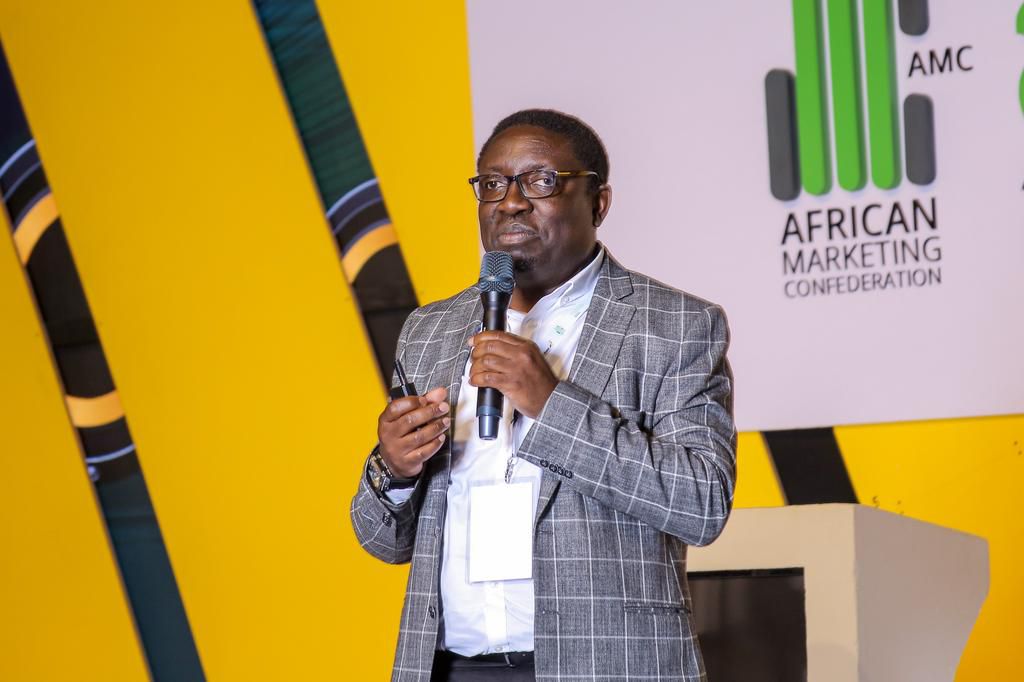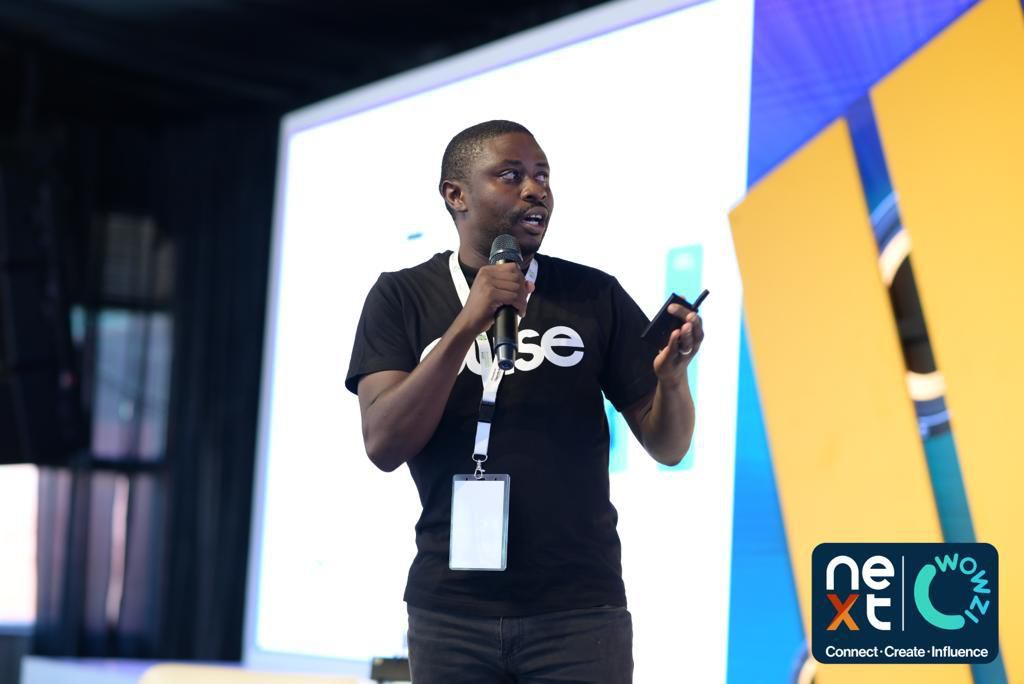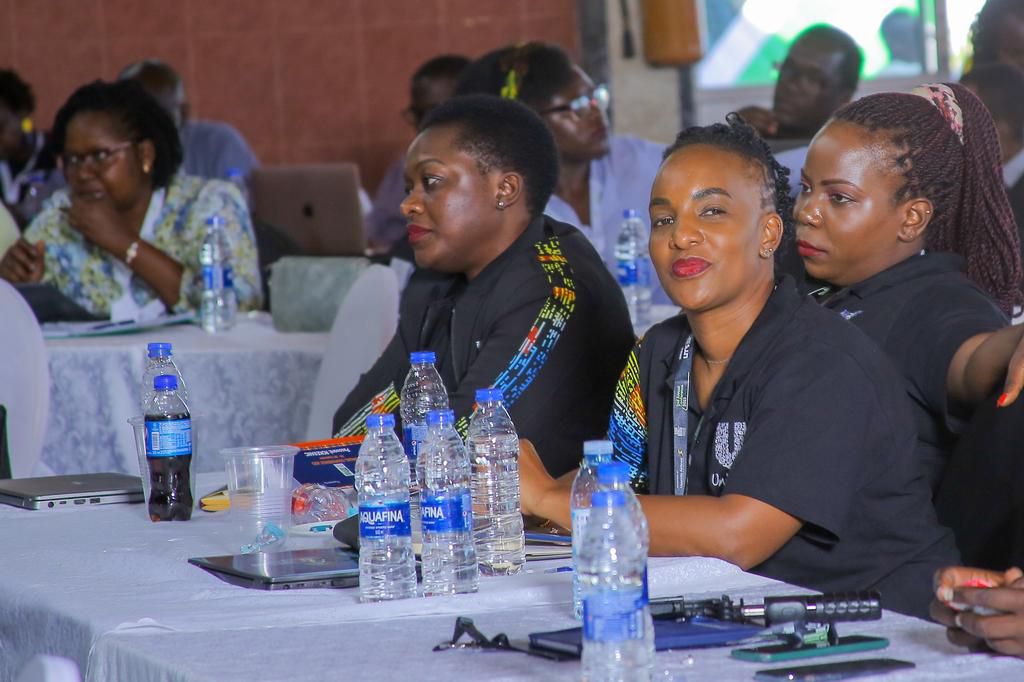AMC Conference 2023: Bottlenecks to rebranding Africa underscored, solutions offered
)
Dr. Matamwandi, who was speaking Friday, September 8 at the African Marketing Confederation (AMC) 2nd Annual Conference 2023, asserted that “if we have to rebrand, we need to acknowledge the bigger narrative... that's being created in the media”.
Describing the African brand, he pointed out that Africa has 60% of the arable land on the globe, its resources are critical to 21st-century progress and before Covid, Africa had 13 of the 25 fastest-growing economies in the world.
Citing research, he indicated that Africa has the fastest growing population, and one in four people on earth will be African by 2050, not forgetting that the continent has the world's youngest population (about 60% of Africans are under the age of 25).
Dr. Matongo Matamwandi reminded marketers that Africa's contribution to green house emissions is less than 3%, making it the greenest continent and with Africa as the next Business Process Outsourcing (BPO), it presents several European countries an opportunity to save to a tune of 40-50%.
“None of these big countries can do without Africa,” he said, firmly.

In basic terms, he said that GDP is simply what marketers are capable of selling, Forex is what marketers can export, FDI is to brand a country as an investment destination, Unemployment is marketers’ inability to grow business and export of raw materials is marketers' inability to to create international brands.
By his definition, poor culture is marketers' inability to create successful social marketing campaigns to influence behavior and poor leadership is marketers' inability to market credible candidates.
The Zambia Tourism Agency boss also took time to highlight the bottlenecks to Rebranding Africa, but before that, he noted that “we must have candid conversations on what's drawing us back.”
The hindrances include insufficient air connectivity, complex visa regimes and border crossing procedures, lack of reliable tourism data and statistics, challenging security conditions, inadequate infrastructure and facilities in tourist routes, shortage of skilled workers and language barriers, limited awareness of tourism experiences in African countries and lack of private-public sector dialogue.
To overcome these challenges, he recommended that governments should consider accessibility and travel facilitation, developing subregional partnerships, collaborating rather than competing, setting up infrastructure in cross-border routes and having common standards for tourist facilities.
One of the main highlights of the third day of the conference was a panel discussion, moderated by John Babirukamu, the general manager of Hedge Marketing, in which experts hashed out Digital Marketing and Content.
Aaron Musoke Ssebambulidde, the managing director of Pulse Uganda, gave introductory remarks, and walked marketers through the “role of digital marketing and content in harnessing Africa's $3.4 trn economy”.
According to Ssebambulidde, data shows that a high level of connectedness translates to real spending power and older shoppers have more purchasing power online.

The Pulse Uganda managing director spotlighted some of the top digital marketing trends in 2023, namely: the surge in engaged communities, snackable short-form videos (but it doesn't mean abandoning long-form ambitions), companies looking to do more with less thus eliminating superfluous apps and tools that aren't adding to ROI, data privacy and ethical marketing practices (concerns continue to grow and consumers are becoming more cautious), live commerce and shoppable social media (tapping into broader audiences).

He also observed that influencer marketing will undergo transformation with an emphasis on authenticity, long-term partnerships, and micro-influencers as consumers become more discerning and seek genuine connections.
)
)
)
)
)
)
)